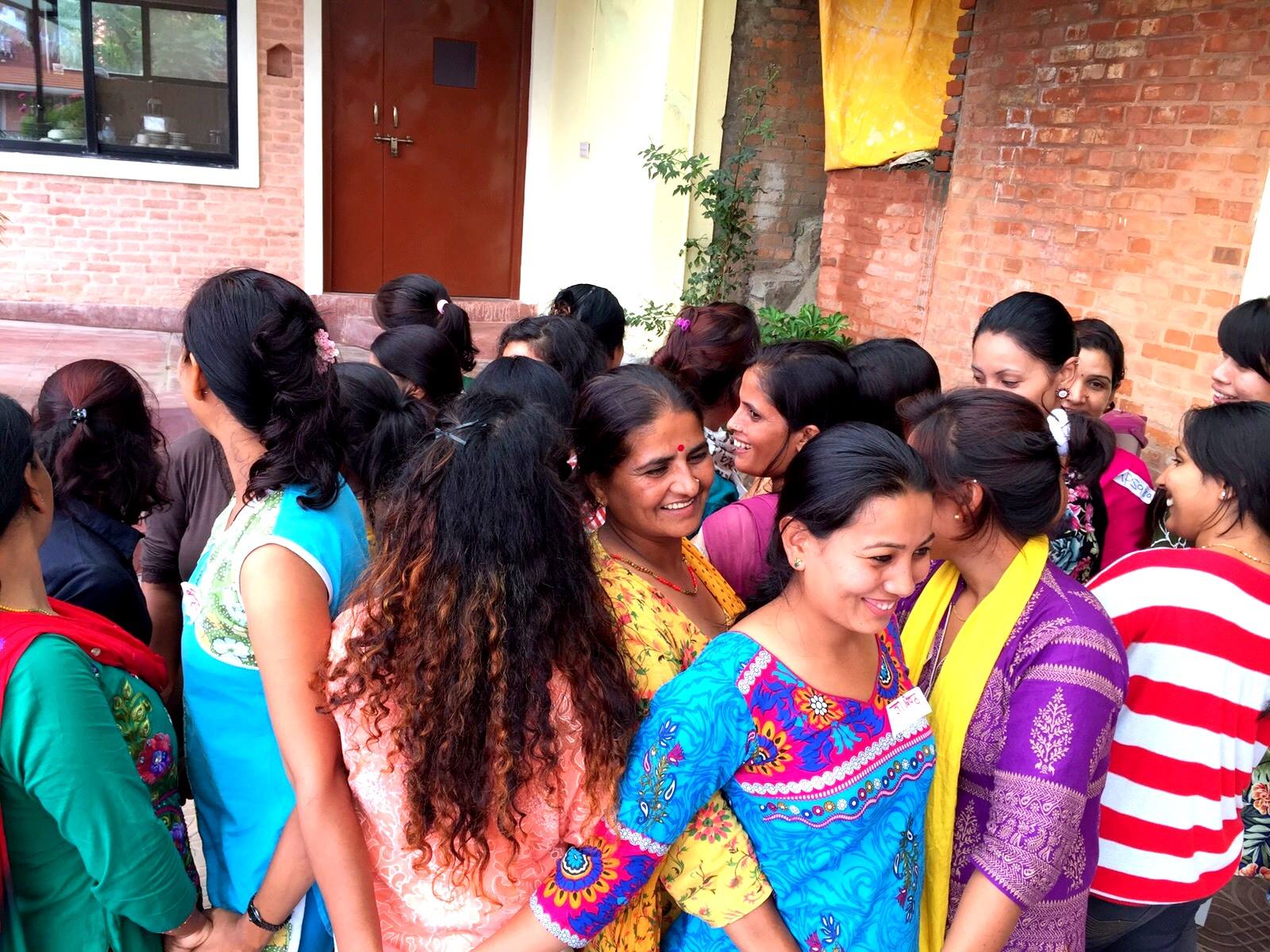“How can I identify the root causes of my stress and burnout?”
“To what extent do my sexual identity and caste contribute to my stress? If they are factors, how can I manage those stressors?”
“What is self-care, and how can it help those who are stressed or on the verge of burnout?”
“What does self-care mean in the context of work? How can workplaces and collective spaces take care of their members?”
Stress management and self-care for service providers and communities have been an important element of our work since we began our Helpline in 1996. Over the past two decades, our understanding of the importance of burnout prevention and stress management has evolved, and we now recognise self-care as an often neglected but vitally important feminist issue.
TARSHI’s workshops highlight the importance of burnout prevention and self-care from the point of view of individuals, organisations, and movements that one may be a part of. You can find our previous work with Nazariya on Stress Management and Burnout Prevention. We also have a website, Self-care Essentials, which consists of resources for people doing people work, featuring ways to approach self-care and resources to help those doing people work to manage stress and prevent burnout.
WHAT DOES THE TRAINING OFFER?
WHO IS THIS TRAINING FOR?
- Staff members of any workplace, collective or movement addressing human rights issues
- Counsellors, activists or caseworkers engaged with people work
DURATION
2-3 days for conceptual understanding of stress and burnout, and learning self-care and collective care techniques
Language
English or Hindi
LOCATION
Virtual, or anywhere within India and South Asia
PREVIOUS TRAININGS CONDUCTED WITH:
We conduct announced as well as on-request trainings and workshops. A few organisations for which we have conducted such workshops/sessions are Jagori New Delhi, WOREC Nepal and ACCESS, New Delhi, Feminism in India, Nirantar Trust and Breakthrough.

“Firstly I am grateful, my organisation arranged these sessions for us. If many of us choose to adapt ways of stress management, then collectively we will definitely see positive changes. As the first step, it’s definitely an introspection at an individual level.”


